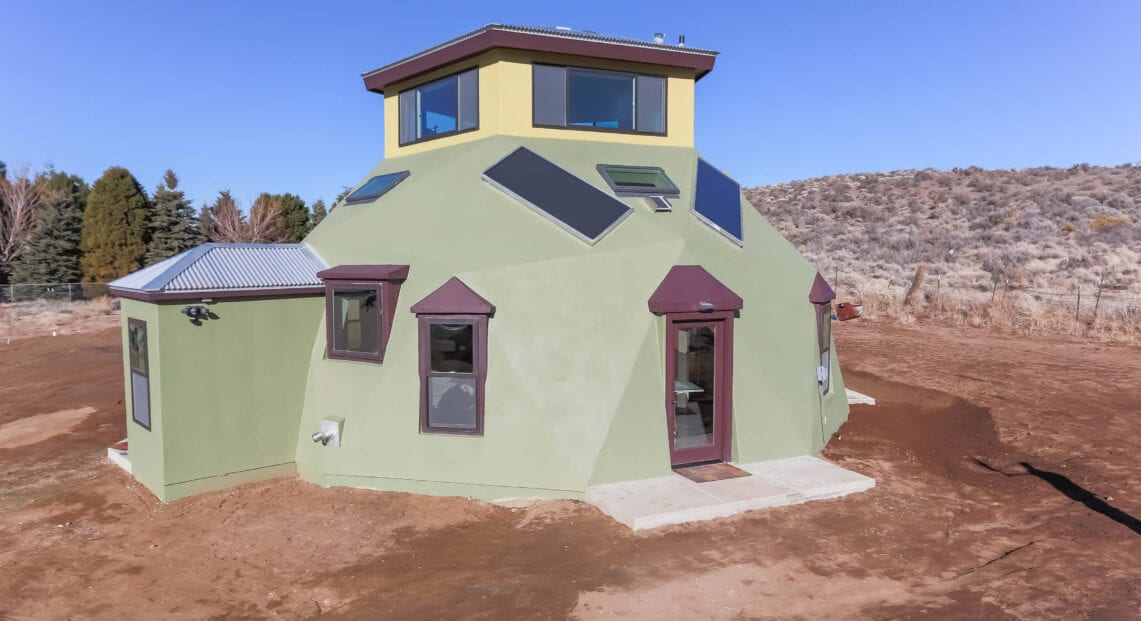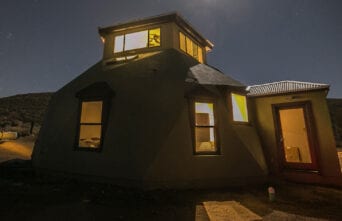Reframing the Sustainability Argument

Continuing with thoughts regarding sustainable design as a key goal for those looking to build “Green”, you’ll find an essay re-posted from Robert Husted’s most relevant and interesting blog site.
I found Robert to be a very insightful and interesting person. Although we have never met, he graciously shared with me that, originally from upstate New York, he lived in India for a year after high school. His time there made a life-long impression. Later, he lived in Mainland China for a year and has spent a great deal of time in Mexico and Asia. In Robert’s words, “I feel like my posts have outlined my vision of how to achieve sustainability and eliminate poverty within 25 years. My next post deals with how to start implementing the plan.” I look forward to reading it.
The next few posts on my site will continue to share elements for sustainable design. Designing for sustainability is about conserving resources; natural as well as financial. By nature, if done creatively, sustainable design, true “Green” should not take more “green” to construct. For those of us who wish to truly be good stewards of our planet, minimizing the amount of materials needed to build our homes is as important as the kinds of materials we use, where they come from and what kind of resources it will take to power them up, heat and cool them.
Lifestyle adjustments will be made, but as a society, we have been making many of those adjustments already. Some changes, like reusable grocery bags, we’ve made out of a sense of social responsibility. Some changes we’ve made, like driving smaller and more fuel-efficient cars, stem from economic need as well as social responsibility. We’re buying more organic and locally grown food than ever before for many reasons.
In the next several posts, I’ll attempt to show many features you can design into your home construction project that will add immediate as well as long-term value, and at the same time, lower costs. And we won’t need a label to prove it! I will show that smart design does not mean living in a “tiny house” using a SSS bathroom. RV dwellers, you know what I mean! ![]()
Reposted from The Sustainability Puzzle February 23, 2012
Reframing the Sustainability Argument: It’s about How We Organize Ourselves
Like a doctor treating a medical problem, without accurate and good information, the doctor can’t diagnose the problem correctly. And, without an accurate diagnosis, he or she can’t develop a proper treatment. Our society works in much the same way. If the general population is not given accurate information about our sustainability problem, how can we expect them to realize that the treatment and its urgency are appropriate for the scale of the problem?
From our past experience, we’ve learned that the solution to our economic problems is through creating more jobs, more manufacturing and more consumption of goods. The problem is that this solution clashes with our environmental reality—the way we live consumes too many resources and it is only going to become worse because of our population growth. However, if we are content with a permanent economic underclass, then it may be possible to continue the current paradigm in one form or another.
The CBC documentary Surviving the Future echoes what is the common perception about how we will reach a sustainable future – through better technology. I clearly reject this notion because the key to sustainability is in how we organize ourselves. Solutions based on this assessment can be achieved with our current state of technology. Time is more important than technology in determining our success because the longer we wait, the more complex and larger the problems become.
Our growing population is having a devastating impact on our environment and can’t continue. Imminent ecological system collapses include fish depletion, water table depletion and the influence of fossil fuel, not only on the environment, but on our society. It has distorted who we are as humans and our basic moral code of treating others as we would like to be treated is being compromised.
The good news is that, strictly speaking, we have enough resources and adequate technology to allow everyone a dignified life. However, our current systems require a great deal of waste in order to work. It is how we live that is creating these devastating consumption patterns that jeopardize our future. At some point, someone needs to be the adult in the room, stand up and make everyone face the facts. How do we do this in our world with 7 billion voices?
At times I feel like I am alone in this argument for urgent action, but I know there are others such as David Suzuki that have a much larger sphere of influence and still there is not even a murmur of concern in capitals around the world. Yes, there are documentaries such as Surviving the Future and online groups such as the Future We Want.
Our failure to address what is probably the largest issue that humanity will face is a combination of a lack of leadership, the distraction that occurs with too many voices and the faith we place in the current economic paradigm.
The scope and scale of the problem requires a global response because it is both an issue of population and resources. We can no longer afford to cling to quaint notions of a world with limitless resources. A few generations ago when the world was less populated global coordination was not necessary, but today’s growth rate makes it imperative.
As always, your comments are greatly appreciated.


